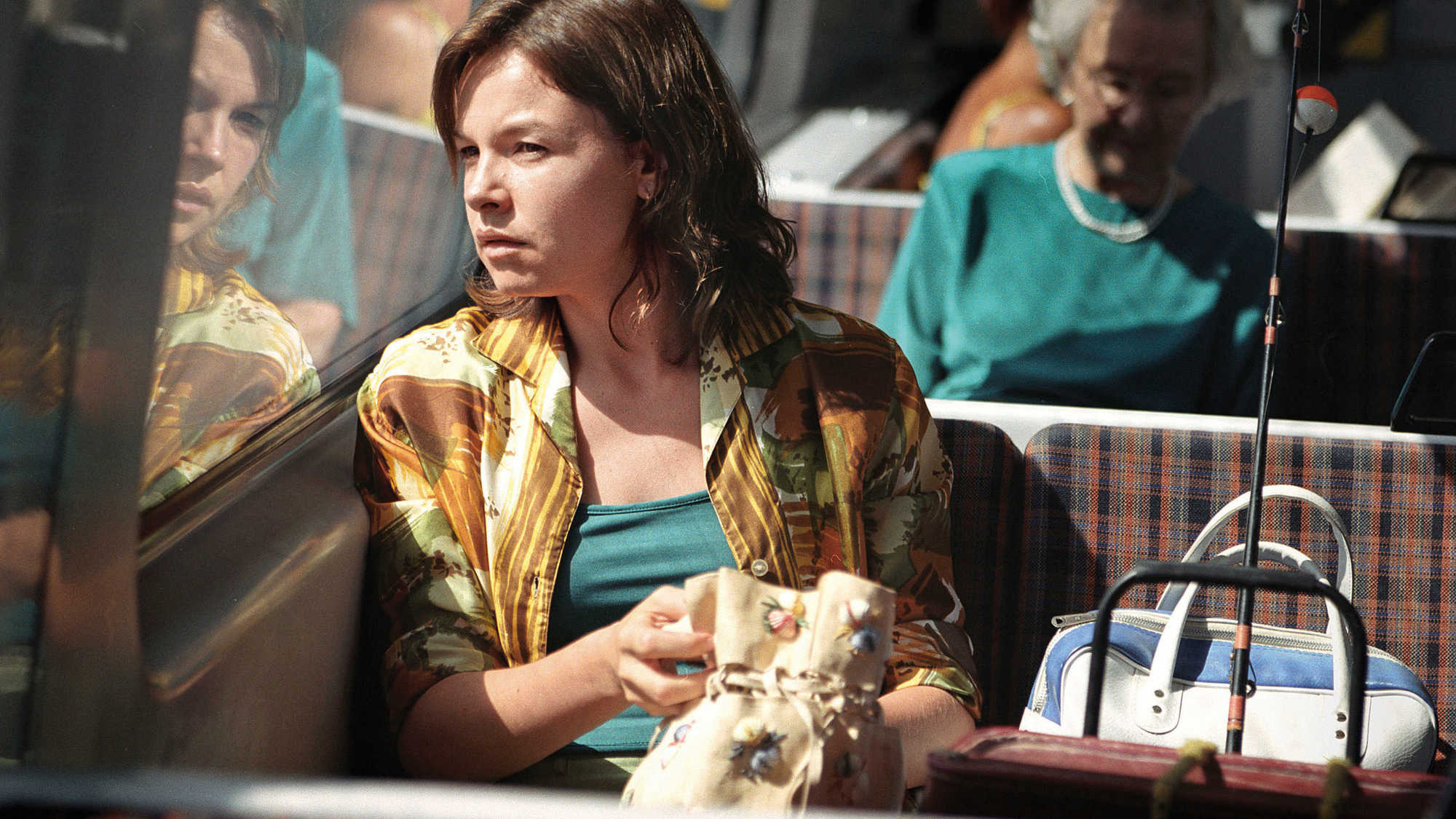“The astonishing debut feature of Sarah Watt interweaves animation and real-life drama to portray some very human responses to barely fathomable events.” — Melbourne International Film Festival

Screened as part of NZIFF 2005
Look Both Ways 2005
Meryl, the 30-something illustrator at the heart of Sarah Watt’s funny, incredibly touching Look Both Ways imagines disaster at every turn. Her morbid anxieties are hardly discouraged when, returning to the Adelaide summer after her father’s funeral, she witnesses a fatal accident on a train-line. Watt, whose earlier work in animated shorts always found the profound lurking in the prosaic, jolts us by cutting into quick, nerve-shredding little cartoons that dramatise Meryl’s moments of panic. We see, through different means, into the troubled hearts and souls of several other characters touched by the accident. Nick, a newspaper photographer, has just been diagnosed with cancer when he’s assigned to the accident scene. The shockwaves coursing through him come to us in rushes of snapshots. Meanwhile his journalist colleague Andy reels from news of a different order. His girlfriend Lisa, to whom he’s less than fully committed, is pregnant. Andy’s newspaper feature on the accident, a speculative essay about depression, shows scant regard for the victim’s widow, and tells us more about the irascible Andy than it does anything else. There’s a freshness about these characters, and the others we meet, that bespeaks an artist drawing directly from life. They’re likely to seem utterly familiar, particularly to an Australasian audience, but without precedent on screen. The parallels between Look Both Ways and Miranda July’s equally original Me and You and Everyone We Know are remarkably numerous, but where July fixes sympathetically on the particular quirkiness of each of the vivid, everyday misfits in her suburban world, Watt apprehends the most commonly held, deepest existential fears of hers. With amazing grace, humour and a charming New World refusal to be fazed by 2000 years of western religion and philosophy, she guides her characters through their sun-blasted dark days and into a world so refreshed that it is likely to leave you elated. — BG